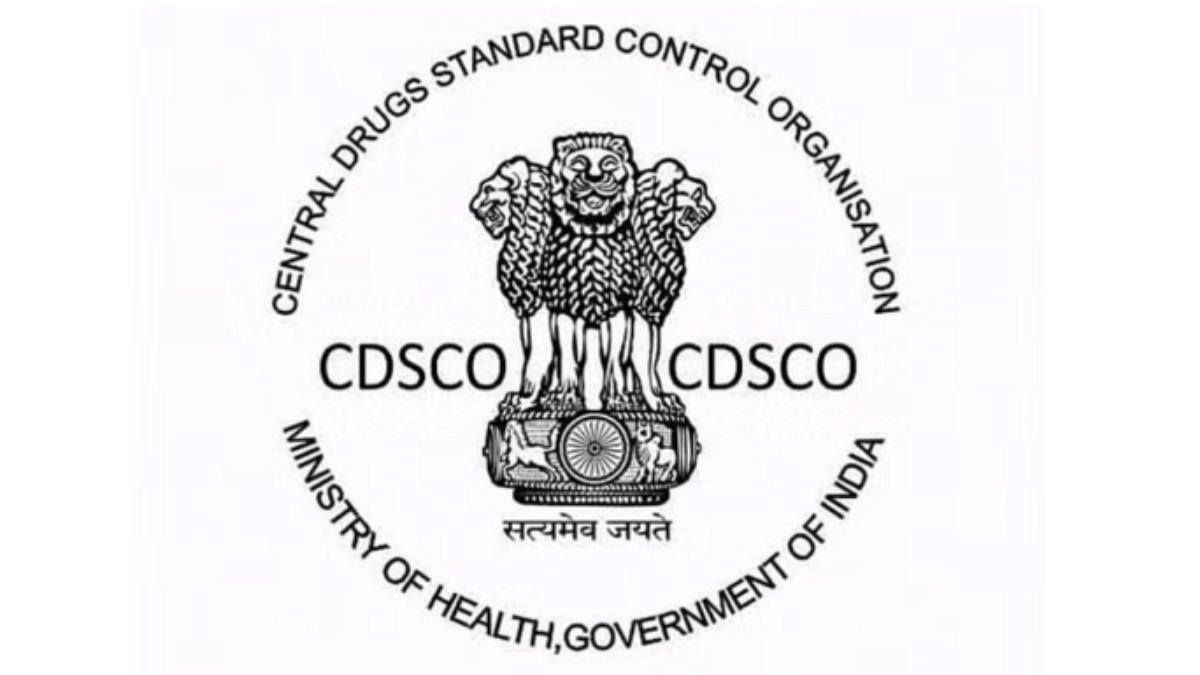New Delhi: After a string of adverse events in the last two years, India’s apex drug regulator will from 15 May onwards grant manufacturing licenses for drugs that are banned or unapproved in India but can be exported.
In doing so, the Central Drugs Standard Control Organisation (CDSCO) withdrew the power of states and Union Territories to issue No Objection Certificate (NOC) to pharmaceutical firms.
Issued last week, the CDSCO order said that the NOC will only be issued by the agency itself. The latest directive reverses its 2018 order which waived the provision of procuring central NOC by pharmaceutical companies for exporting drugs, medical devices and cosmetics in a bid to ensure “ease of doing business”.
ThePrint has seen a copy of the order.
The CDSCO decision is in line with a recommendation by its Drug Consultative Committee which was approved last year by the Ministry of Health and Family Welfare.
“The new order is aimed at ensuring that the CDSCO has a database of all the drugs being supplied outside India, as currently we don’t have a full list of medicines which are being exported from the country,” a senior CDSCO official told ThePrint.
The official added that there are also a number of new drugs which are not yet authorised in India but are manufactured by several drugmakers for export.
The list also includes several fixed dose combinations — a cocktail of two or more active pharmaceutical ingredients — that have now been banned in the country but are still manufactured for the purpose of export.
“This move will help to keep a tab on the export of all these drugs,” the official said.
ThePrint reached CDSCO head Rajeev Singh Raghuvanshi over phone calls for his comments. This copy will be updated if and when a response is received.
Also Read: Before MDH-Everest row, food safety regulator had raised permitted level of some pesticides in spices
‘Aimed at streamlining the export process’
Over the last two years, a number of Indian pharma companies have been linked with serious adverse reactions, arising from adulterated drugs and cough syrups to Gambia and Uzbekistan, among others.
These companies, mainly involved smaller drugmakers, whose primary business is to export medicines allegedly to countries with comparatively weaker regulatory oversight.
These episodes and the subsequent tarnishing of the country’s image as the “pharmacy of the world” had prompted the government last year to ask drugmakers to get every batch of cough syrups tested in a designated lab and obtain NOC before exporting them to other countries.
The government also made it mandatory for all drugmakers — even those involved in only export business — to adopt the stricter good manufacturing practices norms in a bid to upgrade the quality of manufacturing of pharmaceuticals.
Udaya Bhaskar, director general of the Pharmaceuticals Export Promotion Council of India (Pharmexcil), an agency under the Union Ministry of Commerce and Industry, said that the new order would further streamline the process of drug exports from India.
As per figures shared by Pharmexcil, India’s exports of pharmaceuticals during 2022-23 was valued at $25.4 billion with a growth of almost 3.25 percent over the previous financial year. The figures also showed that the country’s pharma exports contributed 5.6 percent of merchandise exports during 2022-23.
(Edited by Tony Rai)
Also Read: 24 mega-seller drugs set to lose patents in US, big opportunity for Indian drugmakers — govt report

